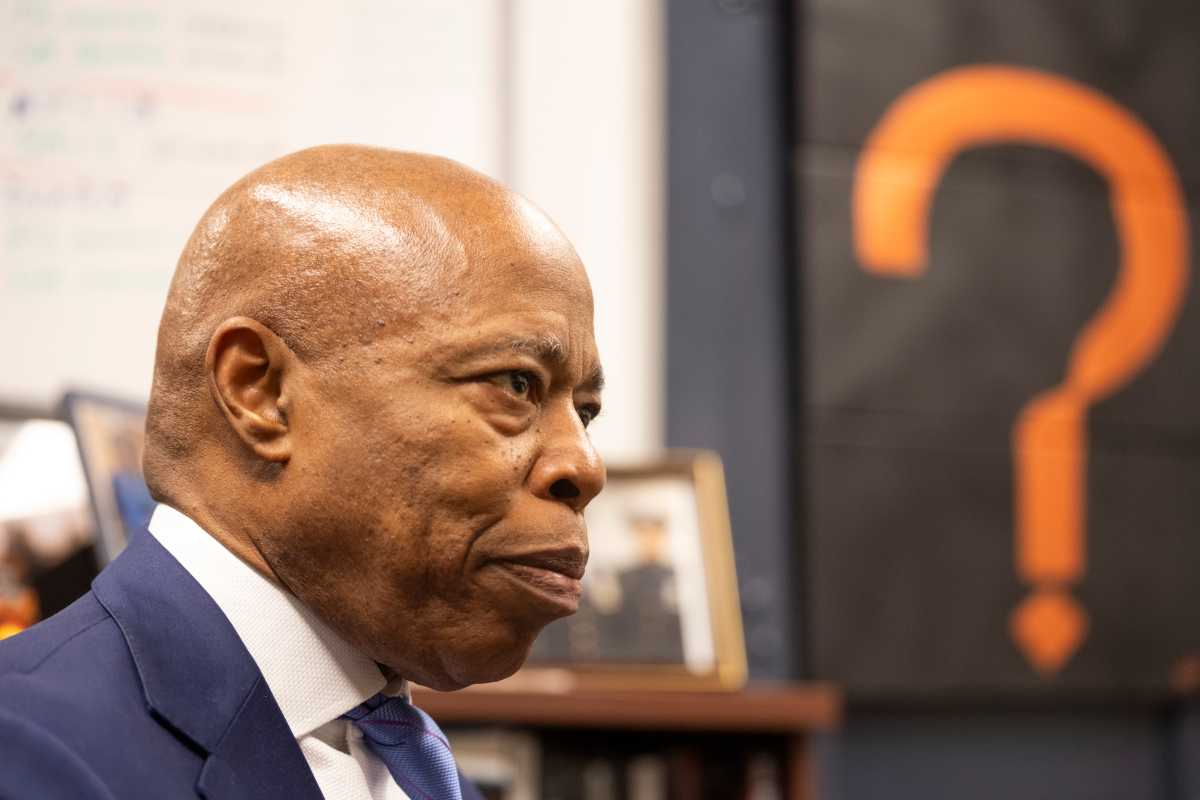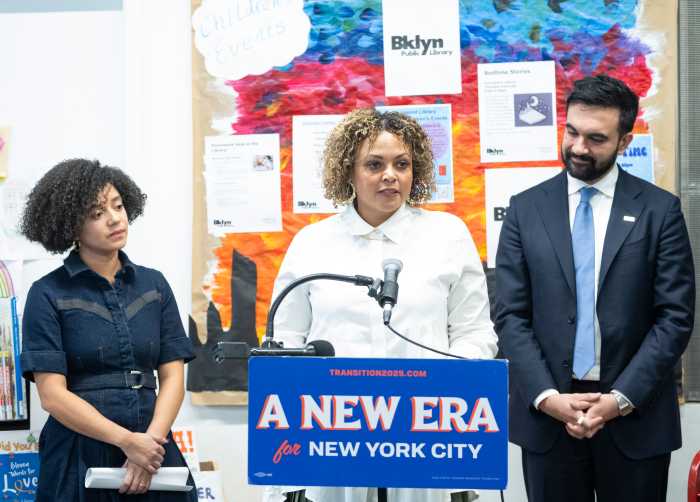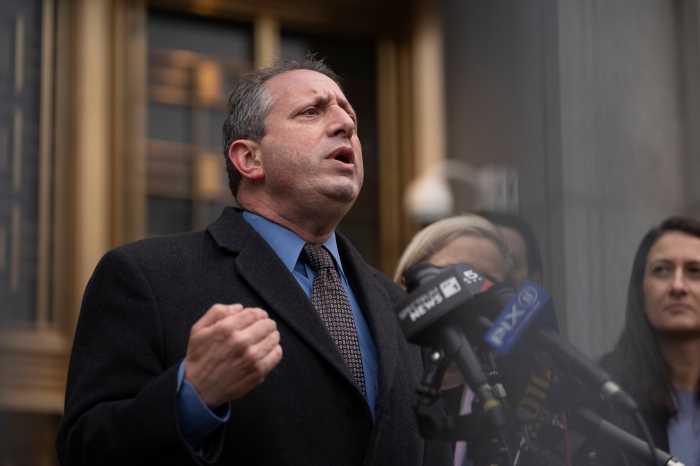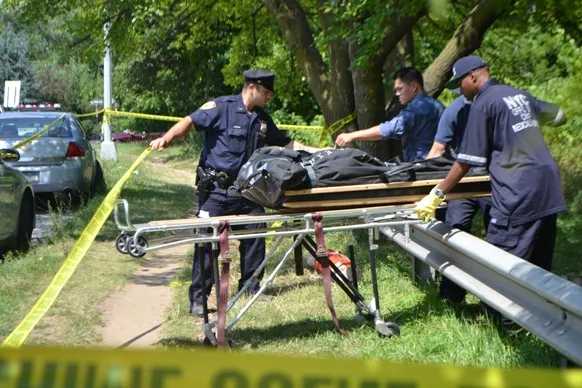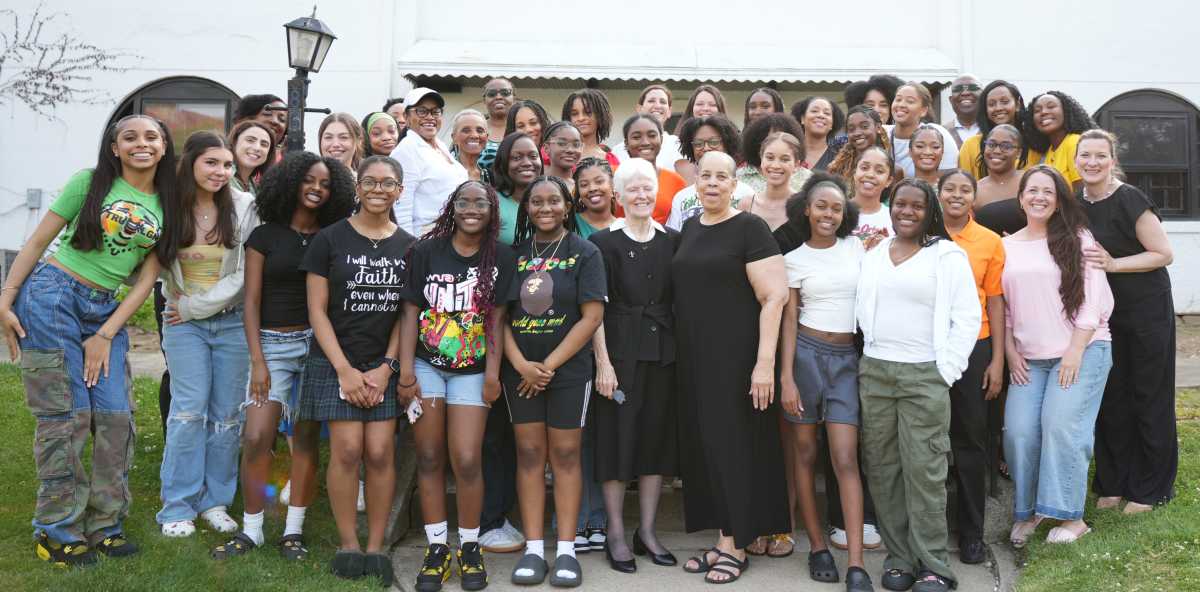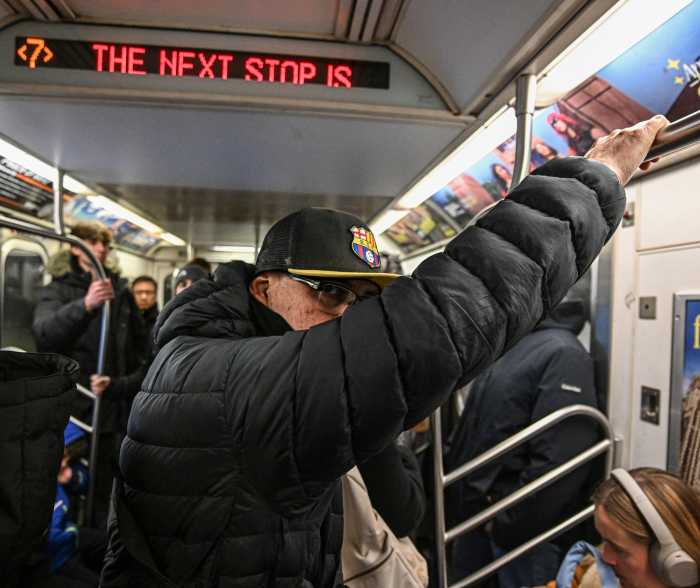Republicans have taken the lead in several southern Brooklyn elections as officials finish tallying in-person votes — threatening a handful of seats held by Democrats.
In addition to Assemblywoman Nicole Malliotakis’ commanding lead in the NY-11 house race over Democratic incumbent Max Rose, Republican candidates have also plowed ahead in the state Senate race in Bay Ridge and Dyker Heights, as well as in two state Assembly races in southern Brooklyn.
All but one of those seats are currently held by Democrats.
Though the results aren’t all conclusive — the Board of Elections has not yet counted absentee ballots, which will likely skew Democrat — the leads have complicated the path to victory for the Democratic incumbents, some of whom were favored to win.
State Senate District 22
In a contentious race for state Senate in Bay Ridge and Dyker Heights, Republican challenger Vito Bruno has claimed 51.37 percent of the vote against Democratic incumbent Andrew Gounardes.
Freshman Senator Gounardes, who eked out a narrow victory against longtime Republican Marty Golden in 2018, trails Bruno by just over 6,000 votes.
Bruno’s lead will most likely shrink when election officials begin counting absentee ballots on Nov. 9, since Democrats in the district have sent in more absentee ballots than Republicans. But the absentee votes may not save Gounardes: Democrats have only returned 6,447 more ballots than Republicans as of Nov. 3, meaning that the race could be decided by hundreds of votes.
Still, Gounardes said he was hopeful that the absentee votes could bring him to victory.
“I am confident that once these votes are counted, we will prevail,” Gounardes said in a statement released Tuesday.
State Assembly District 46
In the state Assembly race in Bay Ridge and Coney Island, Republican Mark Szuszkiewicz leads incumbent Mathylde Frontus with 51 percent of the vote with about 2,822 votes more than Frontus, according to the state’s Board of Elections.
If elected, Szuszkiewicz would be the first Republican to represent the district in at least 71 years. But the race is not yet over; there are still 5,000 outstanding absentee ballots.
Elections officials have processed 2,660 more absentee ballots from registered Democrats than from Republicans as of Wednesday evening, according to a Board of Elections source. For Frontus to secure a victory, she would have to win all those Democratic votes, in addition to 200 others.
State Assembly District 64
In the 64th Assembly District — a seat currently held by congressional candidate Nicole Malliotakis — Republican Michael Tannousis defeated Democrat Brandon Patterson, claiming 60.8 percent of the vote.
Though absentee ballots have not been counted, Tannousis’ lead is too large for Patterson to make up with absentee votes.
The district, which encompasses a portion of Staten Island and a sliver of Bay Ridge, has been held by a Republican since 2012.
District 11 congressional race
Assemblywoman Nicole Malliotakis captured 56.4 percent of the in-person vote for the southern Brooklyn and Staten Island race on Nov. 3, and it’s unlikely freshman Congressman Max Rose can make a comeback.
Malliotakis declared victory shortly after 10 pm with a margin of about 37,000 votes. Election officials have processed 24,000 absentee ballots from registered Democrats in the district, meaning that for Rose to close the gap, he would need to rake in more than 13,000 absentee votes in addition to those ballots.
And that doesn’t take into account the 2,088 absentee ballots processed so far from registered Republicans, or the possibility that many absentee voters did not vote in the congressional race.
Daniel Hetteix, a co-host of the hyperlocal Radio Program Radio Free Bay Ridge, said he believes Rose’s failings came from changes to his campaign strategy. While his victory in 2018 was built on the backs of grassroots volunteers, Rose relied mainly on paid professional strategists who emphasized launching aggressive attack ads and positioning Rose as a staunch centrist, he said.
Rose’s centrist record may have also alienated him from some of the progressive voters in Brooklyn who helped propel him to victory two years ago, Hetteix said.
“It shouldn’t be shocking that Rose lost it,” he said. “He kind of tried to professionalize that campaign. He ran a lot of negative attack ads that really pissed off a lot of progressives.”
Many potential Democratic volunteers may have also moved to swing states for the Joe Biden campaign or skipped out on canvassing because of the COVID-19 pandemic.
Conservative leaders were confident that Malliotakis’s lead was unshakable, and expressed cautious optimism about the state races.
“She won, and frankly, Max should recognize that and concede,” Brooklyn Conservative Party Chair Fran Vella-Marrone told Brooklyn Paper on Wednesday.
Vella-Marrone said the night was an overall win for conservatives in the borough, particularly because of the likelihood that Brooklyn will have a Republican representative in Washington.
“I think it’s looking great for us,” she said. “The people that voted yesterday sent a clear message, that they want law and order, that they want lower taxes, they want to be able to live in a free society that allows them to prosper. It was a total rejection on the socialist and anti-police movement that had been happening throughout our community.”
Correction: A previous version of this article said that the BOE received around 7,000 more absentee ballots from Democrats than from Republicans in the Assembly race between Frontus and Szuszkiewicz. There were about 7,000 more votes requested from Democrats, but only 2,660 more received. We regret the error.




